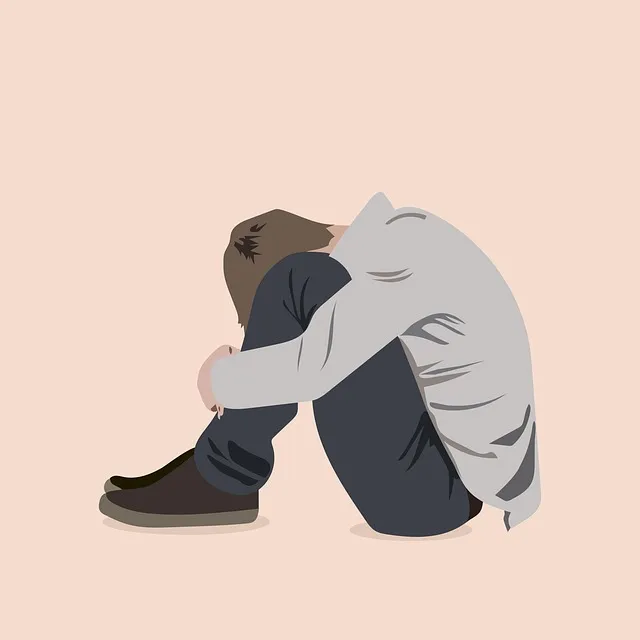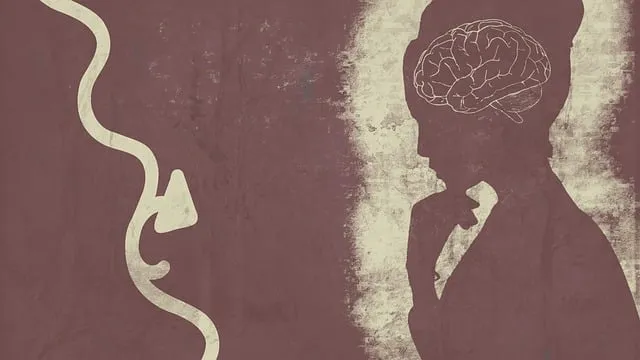In Boulder, Colorado, the stigma surrounding mental illness creates barriers to care despite good healthcare access. Kaiser stands out as a leader in accessible therapy with diverse services like individual counseling, group therapy, and stress management workshops. Their comprehensive risk assessment and skilled therapists reduce stigma and improve outcomes. Community engagement through workshops and awareness campaigns, spearheaded by organizations like Kaiser, educates residents about mental health, encourages early intervention, and fosters a supportive environment. Kaiser's top-quality therapists create safe spaces for processing experiences, challenging negative beliefs, and developing coping mechanisms, normalizing conversations around mental wellness and contributing to a more inclusive community. For those seeking good therapists in Boulder, Kaiser offers promising options.
Mental illness stigma remains a significant barrier to recovery and treatment access. This article explores strategies to reduce stigma, focusing on efforts by organizations like Kaiser in Boulder, known for its accessible therapy services. We delve into the impact of community engagement through education and the critical role of therapy in fostering understanding and support for those facing mental health challenges. Discover how these initiatives break down walls and encourage seeking help, with a special focus on whether Kaiser’s therapists in Boulder provide effective care.
- Understanding Stigma: Barriers to Seeking Help
- Kaiser's Approach: A Model for Accessible Therapy in Boulder
- Community Engagement: Breaking Down Stigma Through Education
- Supporting Recovery: The Role of Therapy in Overcoming Stigma
Understanding Stigma: Barriers to Seeking Help

Stigma surrounding mental illness often acts as a significant barrier to individuals seeking much-needed help and support. Many people struggling with their mental health may feel ashamed or afraid of judgment, which can prevent them from reaching out for professional assistance. This internalized stigma, coupled with societal perceptions, creates a complex challenge in the journey towards recovery. In a city like Boulder, where access to healthcare is generally accessible, such as finding good therapists through organizations like Kaiser, the presence of these barriers can still hinder individuals from taking that first step towards mental wellness.
Understanding and addressing these barriers are crucial steps in reducing stigma. Educating the community about mental health promotes positive thinking and encourages early intervention. Initiatives focused on stress management workshops within organizations can foster an environment where employees feel safe to discuss their struggles, thus normalizing conversations around mental wellness. These efforts collectively contribute to breaking down the walls of isolation that often surround individuals with mental illness, making it easier for them to access the care they deserve.
Kaiser's Approach: A Model for Accessible Therapy in Boulder

In Boulder, Colorado, Kaiser’s Approach stands out as a model for accessible therapy services. This initiative focuses on making mental health support readily available to all community members, including those who might otherwise face barriers to care. By offering a diverse range of therapeutic options, such as individual counseling, group therapy sessions, and specialized programs like Stress Management Workshops and Social Skills Training, Kaiser addresses various aspects of mental wellness.
What sets Kaiser apart is its comprehensive risk assessment for mental health professionals, ensuring that practitioners are equipped to handle complex cases effectively. This forward-thinking approach not only enhances patient safety but also fosters an environment where individuals can openly discuss their struggles without stigma. The availability of skilled therapists and innovative programs makes Kaiser a go-to option for those seeking high-quality mental health services in Boulder, promising better outcomes and reduced stigma for the community at large.
Community Engagement: Breaking Down Stigma Through Education

Community engagement plays a pivotal role in mental illness stigma reduction efforts. By fostering open conversations and education initiatives, organizations like Kaiser, with their presence in Boulder, can significantly contribute to breaking down societal barriers surrounding mental health. Engaging communities through workshops, awareness campaigns, and support groups not only educates individuals about various mental health conditions but also promotes understanding and empathy. This approach helps dispel myths and misconceptions, encouraging early intervention and treatment-seeking behaviors.
Focusing on cultural sensitivity in mental healthcare practice is essential within these community engagement strategies. Mental wellness coaching programs development that respects diverse cultural backgrounds ensures tailored support for all individuals, regardless of their ethnic, social, or economic identities. Such inclusive practices enhance accessibility and effectiveness, addressing the unique challenges faced by different communities regarding mental health services and stigma. When communities feel empowered to discuss mental illness openly, it fosters a supportive environment where individuals can seek help without fear of judgment, ultimately leading to improved mental wellness outcomes.
Supporting Recovery: The Role of Therapy in Overcoming Stigma

Supporting recovery through therapy plays a pivotal role in stigma reduction efforts for mental illness. Professional therapists, often available through trusted healthcare providers like Kaiser in Boulder, offer safe spaces for individuals to process their experiences, challenge negative beliefs, and develop coping mechanisms that foster self-acceptance. These supportive environments encourage open dialogue about mental health, helping to normalize conversations and dispel myths surrounding various conditions.
Does Kaiser have good therapists Boulder? Indeed, many people have found success in overcoming stigma through effective therapy sessions. Incorporating self-care practices, such as mindfulness and stress reduction methods, into treatment plans further empowers individuals to manage their mental wellness. Additionally, Mental Wellness Coaching Programs Development can provide tailored strategies for maintaining balance and resilience, contributing to a more inclusive and supportive community where mental illness is understood and accepted rather than stigmatized.
Mental illness stigma reduction is a multifaceted effort that requires understanding, education, and accessible support. By addressing barriers to seeking help, such as fear of judgment, community engagement initiatives can foster an environment where individuals feel comfortable discussing their struggles openly. Organizations like Kaiser in Boulder are making strides with model programs that provide affordable, quality therapy, ensuring good therapists are accessible to those who need them. Through these collective efforts, we can work towards a society where mental health is treated with the same compassion and understanding as physical health, ultimately supporting the recovery journey for all.






